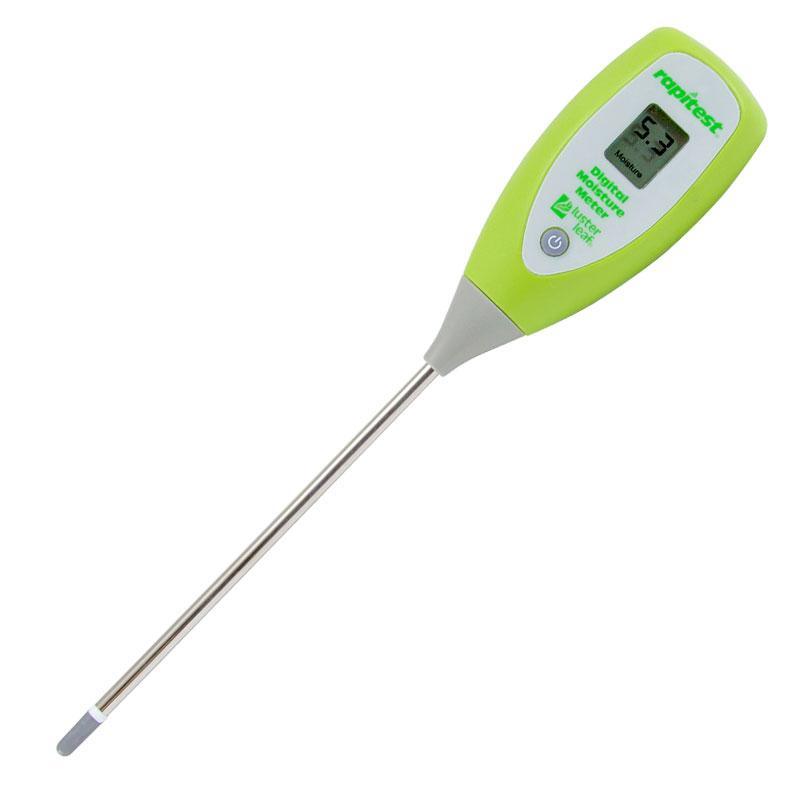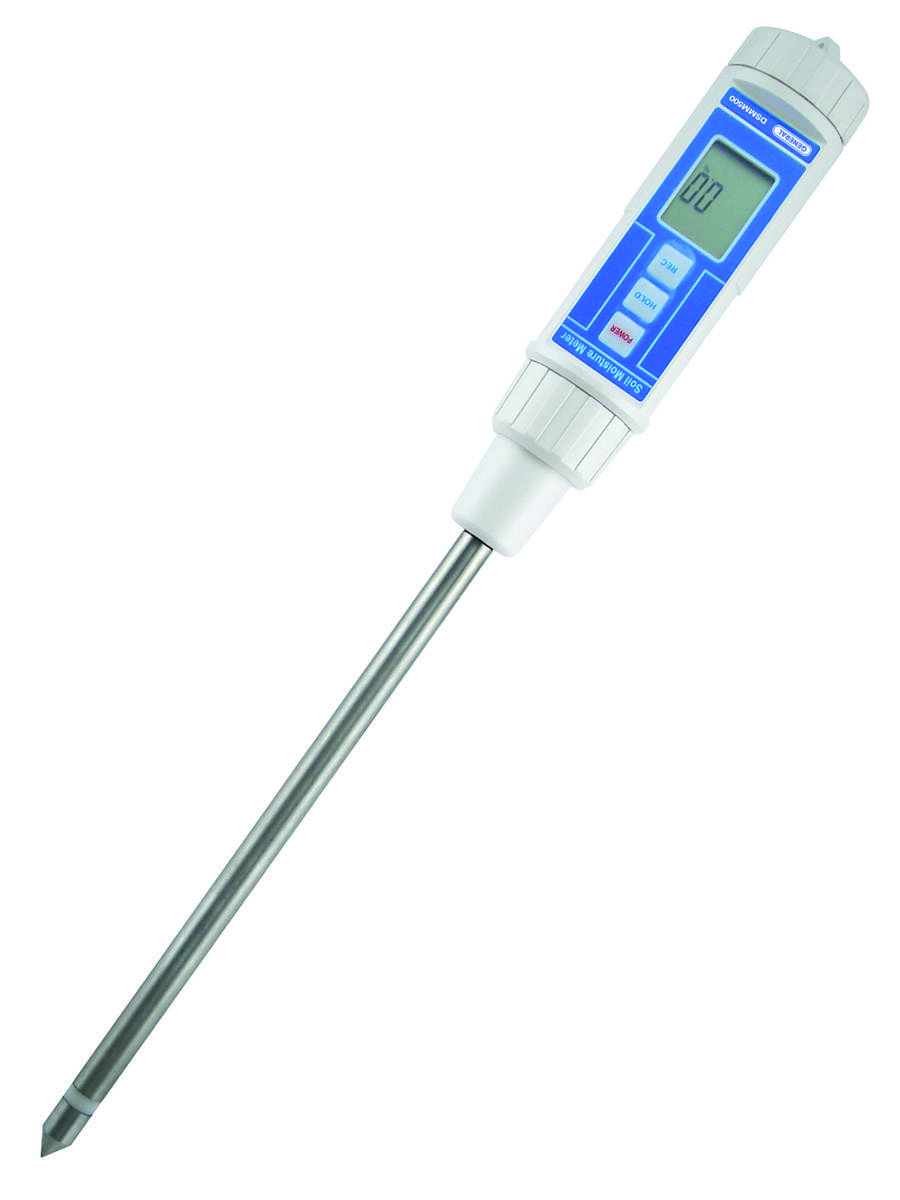Leading 10 Benefits of Using a Moisture Meter for Definite Measurements in Your Home
Leading 10 Benefits of Using a Moisture Meter for Definite Measurements in Your Home
Blog Article
The Ultimate Overview to Dampness Meters: A Comprehensive Introduction and How They Can Save You Cash
In the realm of building upkeep, construction, and different industries, the significance of accurately gauging wetness levels can not be overemphasized. Dampness meters act as crucial devices in detecting and keeping an eye on moisture web content in materials, assisting in protecting against pricey problems and making sure the top quality of products. Comprehending the subtleties of different sorts of dampness meters, their applications, and the potential cost-saving advantages they provide can be a game-changer for organizations and experts alike. Finding just how these tools can not only improve procedures yet also contribute to monetary savings is a trip worth starting.
Kinds Of Dampness Meters
One usual type is the pin-type wetness meter, which gauges the electric resistance between two pins placed right into a material. Pinless dampness meters, on the various other hand, usage electro-magnetic sensor plates to check a larger area without triggering damages to the material's surface.

Additionally, there are additionally specialty dampness meters created for certain products like hay, soil, or grain. These meters provide accurate dampness analyses customized to the unique homes of the product being tested. Infrared moisture meters determine the thermal properties of a material to establish its moisture web content non-invasively, making them beneficial for applications where pin or pinless meters may not appropriate. Understanding the different kinds of dampness meters offered can aid industries choose the most appropriate device for their details moisture dimension demands.

Advantages of Using Moisture Meters
Wetness meters offer very useful advantages in accurately evaluating and keeping track of wetness levels in diverse materials and atmospheres (Moisture Meter). One of the primary benefits of utilizing moisture meters is the prevention of potential damage triggered by excess dampness. By discovering and attending to high dampness levels at an early stage, moisture meters assist to stop mold development, rot, and structural damage in structures, conserving both time and money on fixings. Additionally, dampness meters aid in making sure the high quality of materials during building or production processes. By precisely determining moisture web content, these tools help preserve the stability of timber, drywall, concrete, and various other materials, minimizing the threat of failures or defects.
Moreover, utilizing moisture meters can lead to boosted power efficiency. By identifying areas with high dampness levels, such as leakages or poor insulation, modifications can be made to boost power conservation and minimize utility expenses. In agricultural setups, dampness meters play a critical function in enhancing plant returns by making it possible for farmers to keep track of dirt wetness levels and make informed irrigation choices. Overall, the advantages of using dampness meters cover across various markets, offering cost-effective options and promoting much better quality assurance techniques.
How to Select the Right Moisture Meter
Choosing the proper moisture meter entails thinking about key aspects such as product compatibility, measurement range, and calibration precision. When picking a wetness meter, it's vital to ensure that the meter is ideal for the certain material you will be testing. Various products have varying electric residential or commercial properties that can impact wetness readings, so choosing a meter designed for your product is critical for precise i thought about this outcomes. Furthermore, consider the dimension series of the moisture meter. Make sure that the meter can detect dampness degrees within the variety needed for your applications. Calibration precision is an additional vital element to keep in mind. Choose a wetness meter with reputable calibration to make certain consistent and precise analyses. Some meters may call for periodic calibration modifications, so understanding the calibration procedure is essential. By very carefully reviewing these factors, you can select a dampness meter that meets your needs and offers precise wetness dimensions for your tasks.
Appropriate Methods for Dampness Meter Usage

Cost Cost Savings Through Moisture Meter Applications
Just how can the strategic utilization of moisture meters result in significant cost savings across numerous markets? Wetness meters play a critical role in price financial savings by protecting against prospective damage and ensuring quality control in different industries. In the agriculture market, wetness meters help in establishing the ideal time for gathering crops, protecting against over-drying or excess dampness that can influence the last product's high quality. This specific tracking helps farmers prevent unneeded losses and optimize their return.
In a similar way, in building, moisture meters assist avoid costly damages by spotting wetness degrees in building materials, such as wood or concrete, which can lead to architectural issues otherwise addressed without delay. By determining issue locations beforehand, specialists can take rehabilitative steps to avoid comprehensive repairs or substitutes, ultimately saving time and cash.
Additionally, in the food processing sector, moisture meters are important for keeping an useful site eye on product top quality and making certain compliance with safety and security guidelines. By precisely determining wetness material in food, makers can protect against perishing, keep freshness, and lower waste, leading to considerable cost savings. In general, the calculated application of moisture meters is a useful investment that can lead to significant cost decreases and boosted effectiveness throughout numerous sectors.
Final Thought
To conclude, moisture meters are useful devices for discovering and measuring dampness degrees in various materials. By utilizing the ideal moisture meter and browse this site following correct techniques, individuals can efficiently protect against pricey damages triggered by excess moisture. Purchasing a quality wetness meter can cause significant price savings in the long run by recognizing potential problems early on and making it possible for prompt removal. Inevitably, moisture meters are vital instruments for maintaining the stability and durability of structures and materials.
Moisture meters offer as vital devices in discovering and keeping track of moisture material in products, assisting in avoiding pricey problems and guaranteeing the quality of items. Infrared wetness meters measure the thermal residential or commercial properties of a material to determine its dampness material non-invasively, making them useful for applications where pin or pinless meters might not be ideal.Moisture meters offer very useful benefits in precisely assessing and keeping track of moisture degrees in varied products and settings. In agricultural setups, wetness meters play a critical function in optimizing plant yields by making it possible for farmers to check soil wetness degrees and make informed watering choices.In conclusion, wetness meters are beneficial devices for finding and measuring wetness levels in numerous products.
Report this page